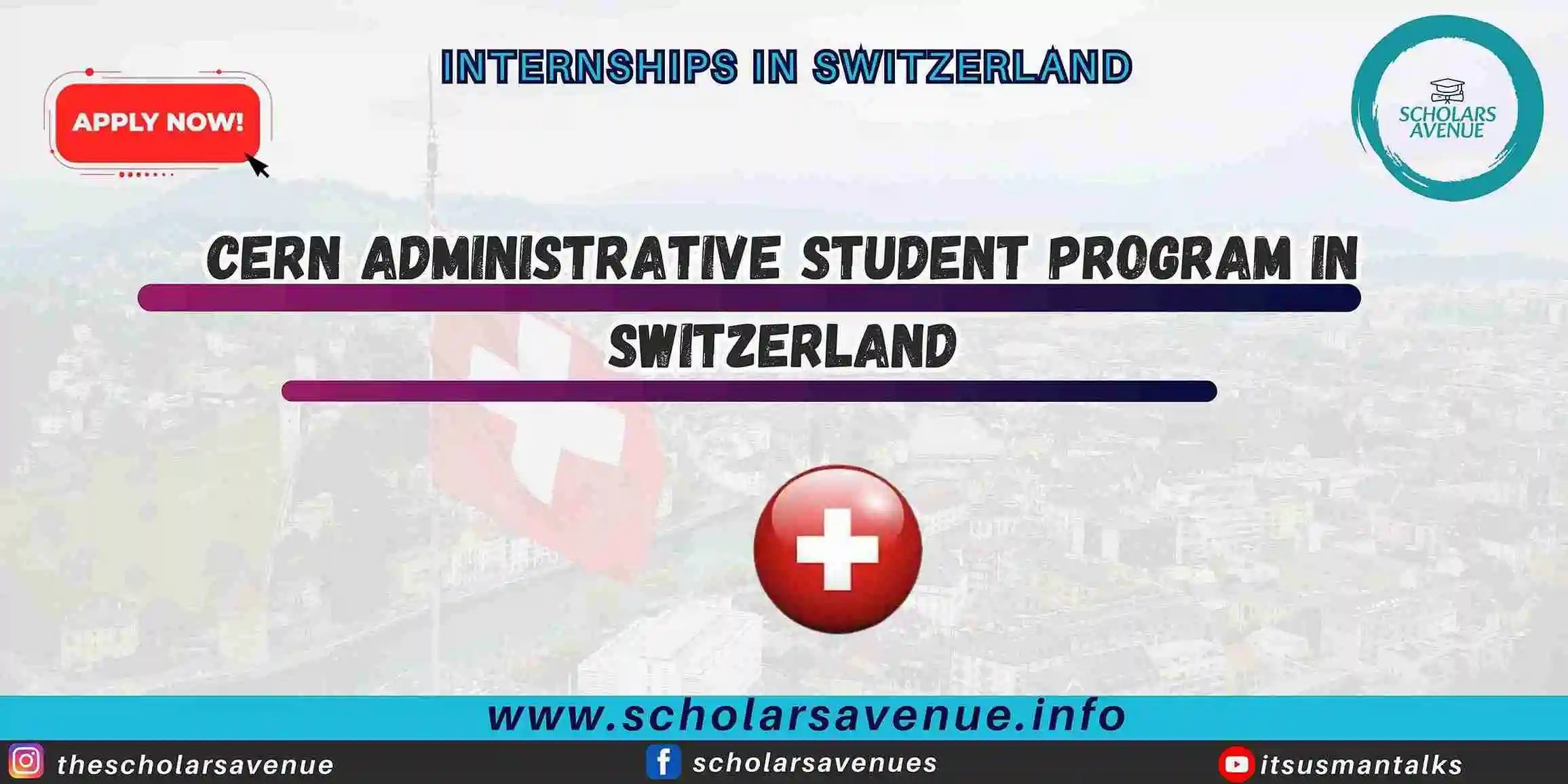Certifications after graduation are essential in today’s competitive job market. Though graduating from college is a great accomplishment, it marks just the beginning of a path toward a successful profession. Employers increasingly appreciate specialized knowledge and practical abilities directly relevant to the work. Getting relevant certifications will prove your knowledge, show dedication to professional development, and greatly boost your employability.
Choosing the right certifications after graduation can be a game-changer, helping recent graduates transition smoothly into the workforce. This comprehensive guide explores some of the top certifications that not only add credibility but also open doors to exciting job opportunities. Whether you are in business, technology, healthcare, or any other field, the right certification can be your secret weapon for career advancement.
Also check, Top 10 Mistakes Students Make in Scholarship Applications
Why Are Certifications After Graduation Important?
- Enhanced Employability: Certifications show employers that you possess up-to-date skills beyond your academic degree.
- Specialized Knowledge: They allow you to gain expertise in specific areas relevant to your career goals.
- Competitive Edge: When multiple candidates have degrees, certifications help you stand out.
- Higher Salary Potential: Certified professionals often earn more due to their validated skill set.
- Career Flexibility: Certifications can help you pivot or specialize in a niche market.
Top Certifications After Graduation for Various Fields
1. Project Management Professional (PMP)
- Field: Management, Business, IT
- Why: PMP is recognized globally and demonstrates your ability to lead and manage projects effectively.
- Requirements: A mix of education and professional experience; passing the PMP exam.
- Resources: Project Management Institute (PMI)
2. Certified Information Systems Security Professional (CISSP)
- Field: Cybersecurity, IT
- Why: Cybersecurity expertise is in high demand; CISSP is a gold standard for information security professionals.
- Requirements: Five years of work experience in security, passing the CISSP exam.
- Resources: ISC2 CISSP
3. Certified Public Accountant (CPA)
- Field: Accounting, Finance
- Why: Essential for accountants aiming for high-level positions in finance and auditing.
- Requirements: Passing the CPA exam; educational and experience criteria vary by region.
Also check, Study in Malta: Scholarships, Visas, and Cost of Living 2025
4. Google Data Analytics Professional Certificate
- Field: Data Analytics, Business Intelligence
- Why: Introduces practical data analytics skills using popular tools, perfect for beginners.
- Requirements: No prerequisites; available online.
5. AWS Certified Solutions Architect
- Field: Cloud Computing, IT
- Why: Validates cloud expertise critical for roles in cloud architecture and engineering.
- Requirements: Recommended experience with AWS services; exam-based certification.
6. Digital Marketing Certification
- Field: Marketing, Business
- Why: Digital marketing skills are vital for businesses today; certifications prove your grasp of SEO, social media, and content marketing.
- Popular Programs: Google Digital Marketing & E-commerce, HubSpot Academy.
7. TEFL Certification (Teaching English as a Foreign Language)
- Field: Education, Language
- Why: Ideal for graduates interested in teaching English abroad or online.
- Requirements: Varies by course provider; generally no teaching experience required.
- Resources: International TEFL Academy, TEFL.org
8. CompTIA A+ Certification
- Field: IT Support, Networking
- Why: A foundational certification that’s great for entry-level IT roles.
- Requirements: No strict prerequisites; exam-based.
- Resources: CompTIA.org
9. Certified Financial Planner (CFP)
- Field: Finance, Wealth Management
- Why: Valuable for those pursuing careers in financial planning or advisory services.
- Requirements: Bachelor’s degree, specific coursework, and passing the CFP exam.
10. Human Resources Certification (SHRM-CP or PHR)
- Field: Human Resources, Business
- Why: Enhances your knowledge and credibility in HR practices and compliance.
- Requirements: Education and work experience required; exam-based.
How to Choose the Right Certifications After Graduation?
- Assess Your Career Goals: Identify which certifications align with your industry and job aspirations.
- Research Industry Requirements: Some fields have preferred or mandatory certifications.
- Consider Your Current Skill Level: Choose beginner-friendly or advanced certificates depending on your expertise.
- Evaluate Cost and Time: Certifications vary in expense and preparation time; pick what fits your budget and schedule.
- Look for Recognized Providers: Always go for certifications from reputable organizations.
Additional Resources for Students Pursuing Certifications After Graduation
- LinkedIn Learning: Offers thousands of professional development courses with certificates.
- Coursera & edX: Provide accredited programs in partnership with top universities worldwide.
- Udemy: Affordable, diverse courses tailored to real-world job skills.
- Skillshare: Creative and business-oriented certifications in design, marketing, and productivity.
- Khan Academy: Free foundational resources for math, computing, and finance.
- Microsoft Learn: Learn Microsoft technologies with certifications in Azure, Power Platform, and more.
- Google Career Certificates: Industry-recognized certifications in data analytics, UX design, and IT support.
- Professional Forums and Groups: Platforms like Reddit, Stack Exchange, and specialized LinkedIn groups offer peer support, advice, and preparation strategies.
- LinkedIn Learning: Wide range of professional courses.
- Coursera & edX: Partner with top universities for certificates.
- Udemy: Affordable, practical courses.
- Professional Forums: Engage with communities like Reddit, Stack Exchange for advice.
Also check, Graduate Jobs in the Netherlands for International Students
Securing certifications after graduation is one of the smartest moves a recent graduate can make. They offer specific knowledge, improve marketability, and usually hasten professional development. You can greatly improve your employment possibilities by consciously picking certifications connected to your career path and devoting time on intensive study. In a constantly changing employment market, certifications shine as a testament of your commitment and knowledge and a great way to distinguish yourself from the masses.
Looking to maximize your chances of acceptance?
Consider using our Professional Services to polish your application and stand out from the crowd.
For detailed videos on relevant opportunities check out:
Frequently Asked Questions (FAQs)
Are certifications necessary if I already have a degree?
Yes. Certifications complement your degree by proving you have updated, job-specific skills employers value.
Can I pursue certifications without job experience?
Yes. Many beginner certifications are designed for fresh graduates and require no prior experience.
How do I know which certifications after graduation is best for me?
Consider your career goals, industry trends, and your current skill level. Research job descriptions to identify commonly requested certifications.
Are free certifications after graduation equally valuable?
Some free certifications (like those from Google or LinkedIn Learning) are well-regarded, especially for entry-level roles. However, recognized paid certifications often carry more weight.
How long do most certifications after graduation take to complete?
Timelines vary some can be done in a few weeks, others take several months depending on difficulty and your availability.
Do certifications after graduation expire?
Yes, some do. Certifications like PMP or CISSP often require renewal through continuing education or re-examination.
Is it worth pursuing multiple certifications at once?
Not recommended for beginners. Focus on one, master it, and then move to the next to avoid burnout and confusion.








